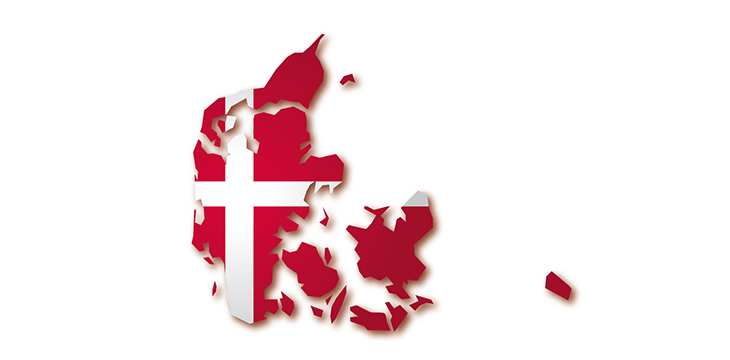|
Getting your Trinity Audio player ready...
|
The Danish Financial Supervisory Authority (Danish FSA) says it has started operating on the distributed ledger technology (DLT) framework issued by the European Union (EU). The country’s top financial regulator is the first in the region to begin experimentation in the sandbox.
A host of organizations are participating in the sandbox and are led by Deon Digital, with a major focus being the launch of green bonds under FT Lab, the FSA’s sandbox. Tobias Thygesen, head of FT Labs, notes the benefits of distributed ledgers as promoting transparency and fostering trust among users.
“The technology, therefore, has the potential to make the capital markets more efficient, but probably not without new risks,” said Thygesen.
“This is one of the reasons why the new European DLT pilot regulation has been introduced; to create a safe space in which the new technology can be tested,” he added.
The EU has been working to create a unified approach toward using decentralized ledgers, which culminated in the launch of the DLT pilot regime for tokenized securities in June. The law is expected to come into operation on March 23, 2023, and will last for three years, with regulators having the power to extend regulation by an extra three years.
Under the law, DLT platforms will operate with a volume limit of $6.4 billion of securities issuance, while equity issuance has been limited to companies with a market cap below $500 million. The EU considers tokenized securities as “crypto assets that qualify as financial instruments” and “maybe bonds, stocks, or money-market securities.”
The EU’s quest to improve financial uniformity in the sector has seen it proposed regulations on Markets in Crypto Assets (MiCA). In addition, the European Central Bank (ECB) is working in a concerted effort to create the digital euro. The banking regulator plans to collaborate with five companies to test “user interfaces” for the central bank digital currency (CBDC).
Go green or go home
The EU’s DLT sandbox project has seen a utility in agriculture and environmental sustainability, with Agreena, an ag-tech company leveraging it. Simon Haldrup, CEO of the firm, noted that financial services have historically been at the forefront of promoting sustainability, and DLT will only help streamline the processes.
“Here we have an immutable ledger which gives you the tracker and proof point of green impact in itself. And where we have a delineated digital asset that we can plug directly into the financing structures of the financial institutions,” he said.
The EU’s proposed CBDC also has energy efficiency as part of its core considerations, while user privacy takes center stage as regulators decide on the digital euro’s feasibility.
Watch: CoinGeek New York panel, How to Achieve Green Bitcoin: Energy Consumption & Environmental Sustainability

 02-18-2026
02-18-2026 




